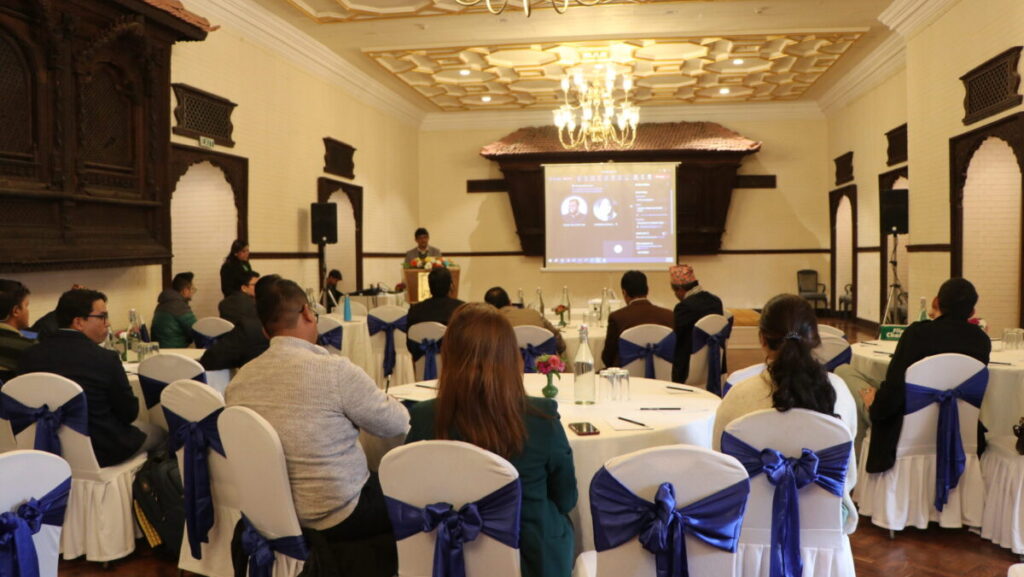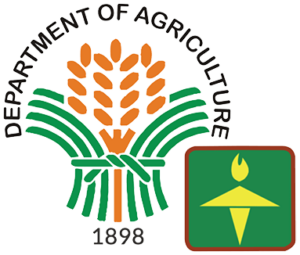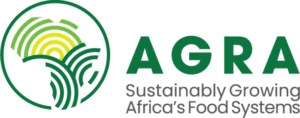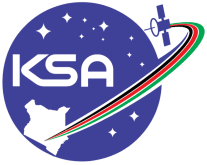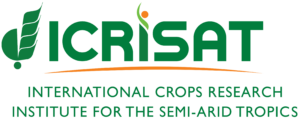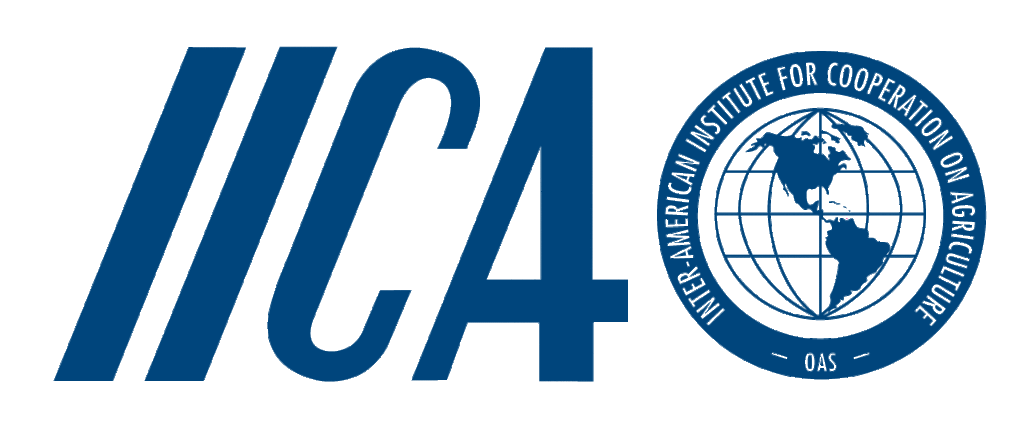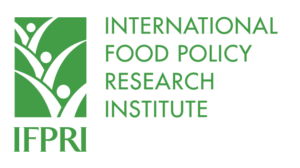ICTforAg+ 2023
Nepal
ICTforAg+ Nepal took place 30 November at Kathmandu, Nepal. The one-day event served as a reminder of the transformative power of technology in transforming traditional practices and guiding agriculture towards a more efficient, resilient, and prosperous future. The event brought together different stakeholders of digital innovation actors including Senior government officials, specialists, startups, ICT enthusiasts, policy influencers and development practitioners together to discuss how and chalk out plans to advance Nepal’s digital agri-food systems landscape benefiting farmers.
Introducing the conference, Satish Nagaraji (the International Maize and Wheat Improvement Center, CGIAR Digital Innovation Initiative), emphasized the need for the inclusive and responsible digital innovations for Nepal’s agri-food system.
The E-Governance Commission CEO, Dipesh Bista was the keynote speaker for the event. He stated that the commission is eager to convert all the public services from manual to digital so that they are more effective and accessible. Thapa also spoke on the e-governance commission’s digital transformation effort, which aims to update and alter Nepal’s digital policies. Additionally, he disclosed that they intend to design a blueprint for Nepal’s agricultural industry.
Judith Almodovar, Deputy Director of the USAID Economic Growth Office, expressed that the event served as a platform for the stakeholders to understand the status of digital innovations in Nepal and also to deliberate the issues and challenges. In her last remarks, she also mentioned and commended some of the ICT for Agriculture accomplishments made possible by the Nepal Seed and Fertilizer Project.
The event also heard international experiences from Asia, Africa and Latin America. Rama Devi, Director, Emerging Technology Wing, Government of Telangana, India shared how the policy of Telangana government and their initiatives are inclusive.
Senior government representatives from Nepal and India, tech experts from Latin America, India, and Africa and private tech companies in Nepal presented on their experiences developing agricultural technology. Government representatives from National Soil Science Research Centre, Soil Quality Control Centre and Department of Agriculture were present demonstrating Nepal’s dedication to using technology to promote agriculture. Their participation and encouragement confirmed the government’s commitment to using ICT solutions to strengthen agricultural practices nationwide and empower farmers.
The gaps, opportunity, and necessity of responsible and inclusive digital innovations for Nepal’s agri-food systems were the main topics of discussion in the breakout sessions. The four main themes of the breakout sessions were smart agriculture and climate change, value chains and market linkages, financial and insurance services, and creating an environment that supports digital literacy. The positive outcomes and passionate participation highlighted the potential for a future where technology is essential to ensuring food security, sustainability, and financial empowerment for Nepali farmers. Many inventive instances of how agro-advisories were helping farmers were provided.
This platform offered a venue for collaboration between different industries. The basis for sustainable agricultural practices was laid by the combined efforts of the government, business community, and non-governmental organizations. This ensures that technical advancements are effectively utilized for the benefit of Nepal’s farming communities.
As the event came to an end, it was evident that Nepal is still making collaborative efforts to integrate ICT in agriculture. The collaborative approach demonstrated by government representatives, corporate executives, and development practitioners suggested a promising future where technology will enable farmers, promote sustainable development, and improve Nepal’s agricultural landscape. Dr. Dyutiman Choudhary, the CIMMYT Representative for Nepal, concluded the event by stating that digital agriculture is a major component and will play a significant role in the NSAF’s operations in the upcoming year and that Nepal is actively working to integrate ICT in agriculture.
